While we’re all familiar with Marie Curie, the first woman to win a Nobel Prize, and Elizabeth Blackwell, the first woman in America to receive a medical degree, they walk amongst many esteemed women in medicine who come from diverse cultures and colors, significantly contributing to the medical field we thrive in today.
Some of these women’s accomplishments were incorrectly attributed to men, which is unsurprising, and some of these women’s accomplishments were the first within their cultural background, which is noble. From historical figures to modern-day doctors, let’s celebrate International Women’s Month by honoring these female medical pioneers in the wellness space.

Mary Beatrice Davidson Kenner
Mary Beatrice Davidson Kenner contributed a number of things that improved the lives of those who menstruate. Most notably, she invented the first generation of what would eventually be known as the sanitary pad.
Born in Monroe County, NC in 1912, there were not very many options for women who were menstruating at the time. Besides simply not leaving the house, they used wads of cloth or rags to conceal their blood. Kenner addressed this issue by building a sanitary belt attached to a pocket that was moisture-proof. When she first patented this revolutionary invention, a company sent a representative down to speak to her. Upon finding out she was black, they lost interest, though her name is now commonly spoken first amongst famous women’s health advocates.
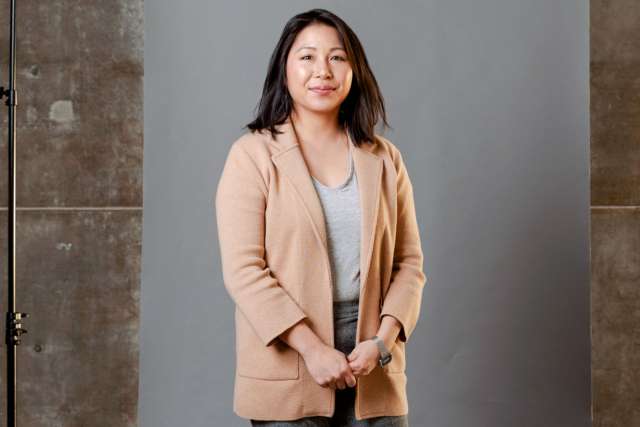
Elaine Hsiao, Ph.D.
Among medical pioneers of the 21st century, Elaine Hsiao is a major player. Currently an Associate Professor at UCLA, Hsiao has made discoveries within the realm of microbiology that has radically shifted our relationship with bacteria.
Hsiao’s research suggests that the bacterial germs inside our guts (often called the microbiome) can impact the brain in surprising ways, including regulating things like anxiety, memory, appetite, and mood. She has concluded that tweaking these microbes could be the key to treating serious neurological issues. Hsiao’s findings will help address complex neurological conditions like depression with easy-to-manipulate microbes instead of long-term treatment.
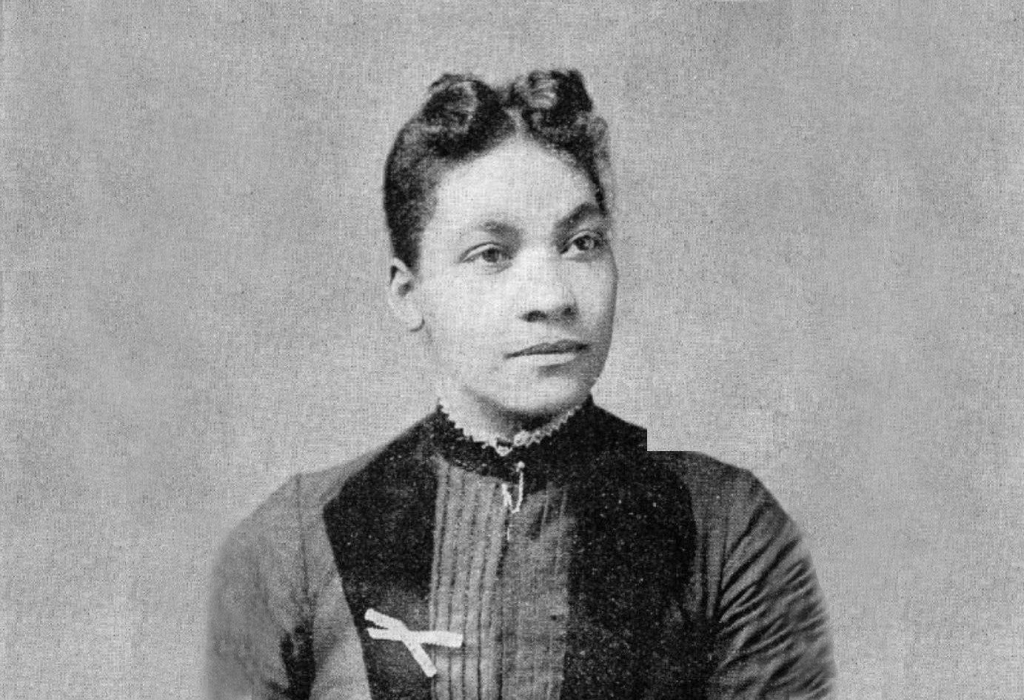
Rebecca Lee Crumpler
When it comes to significant contributions from famous women in medicine, Rebecca Lee Crumpler stands loud and proud. She earned a “Doctress of Medicine" in 1864, making her the first Black woman in the U.S. to earn a medical degree. She specialized in treating formerly enslaved patients after relocating to Virginia.
Crumpler also authored A Book of Medical Discourses, documenting her medical knowledge and experience treating women and young children in 1883. This was yet another milestone, being one of the first books written by a female physician.

Susan La Flesche Picotte
After witnessing a sick Native American woman die because the local white doctor refused her care, Susan La Flesche Picotte trained as a physician to rectify the tragedy and provide care for the people on her Omaha Reservation.
Working her way up from a place of pure Divine guidance, Picotte became the first person to receive federal aid for professional education, as well as the first Native American woman in the United States to receive a medical degree. When it comes to famous female doctors in history, Picotte is a resounding name.

Anandi Gopal Joshi
It’s no secret that women have gotten the short end of the stick when it comes to receiving proper medical attention and care. Anandi Gopal Joshi suffered at the hands of medical neglect, losing her child shortly after childbirth. Joshi wanted to be part of the solution to India’s lack of medical care for women.
In 1883, she sailed to New York and applied to the Woman's Medical College of Pennsylvania, promising, "to render to my poor suffering country women the true medical aid they so sadly stand in need." After earning her degree in 1885, Joshi returned to India to bring her learnings to her people.
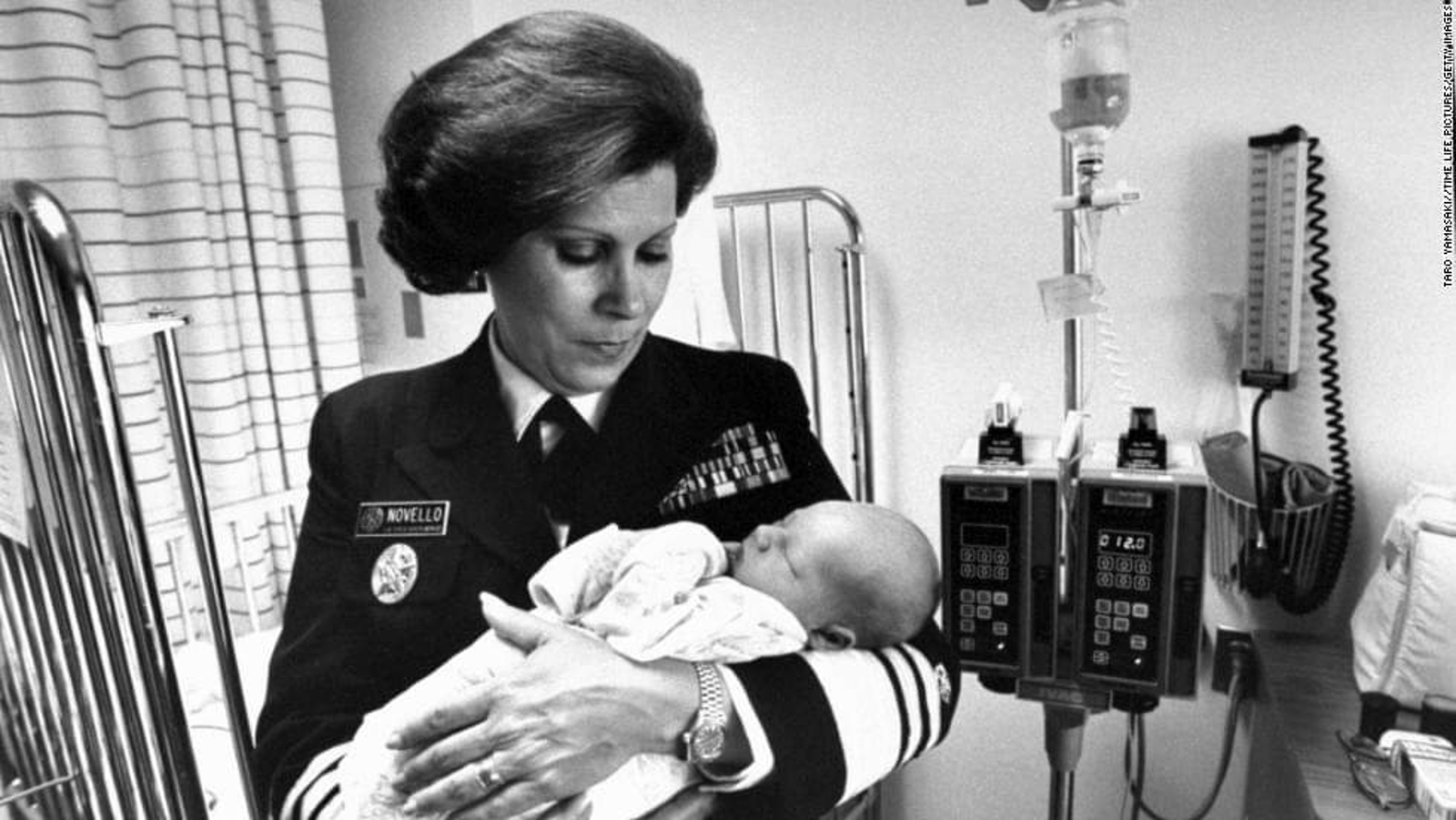
Antonia Coello Novello
Born in Fajardo, Puerto Rico in 1944, Antonia Coello Novello suffered from an abnormality of the large intestine. This largely impacted her childhood, as her family could not afford the surgery that would correct it. Once she was able to have the surgery at 18 years old, she decided to become a doctor, helping children who also struggled to access the medical care they required.
Working to improve health conditions and access to medical care for women, children, and minority populations, Novello made history as the first female and first Hispanic U.S. Surgeon General in 1990.
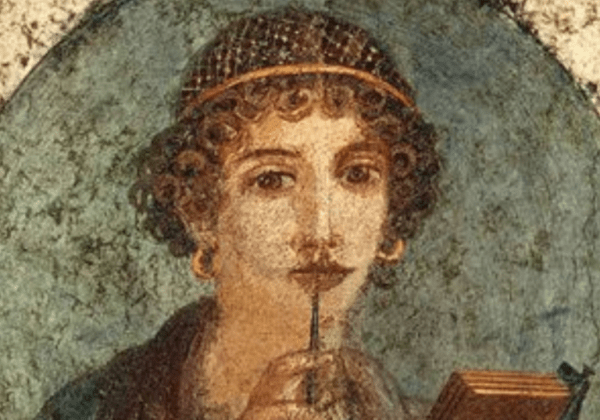
Metrodora
Behind an elusive identity that dates back to sixth-century Greece, Metrodora is one of only two ancient women to have a surviving medical text attributed to her. On the Diseases and Cures of Women is a preserved medical text from the Laurentian Library. Authored in the late tenth or early eleventh century, the text explores diseases of the uterus and womb, conception and contraception, as well as childbirth. Amidst more general discussion of women's medicine, it also includes discussions of aphrodisiacs and love potions, diseases of the breasts, and cosmetics.
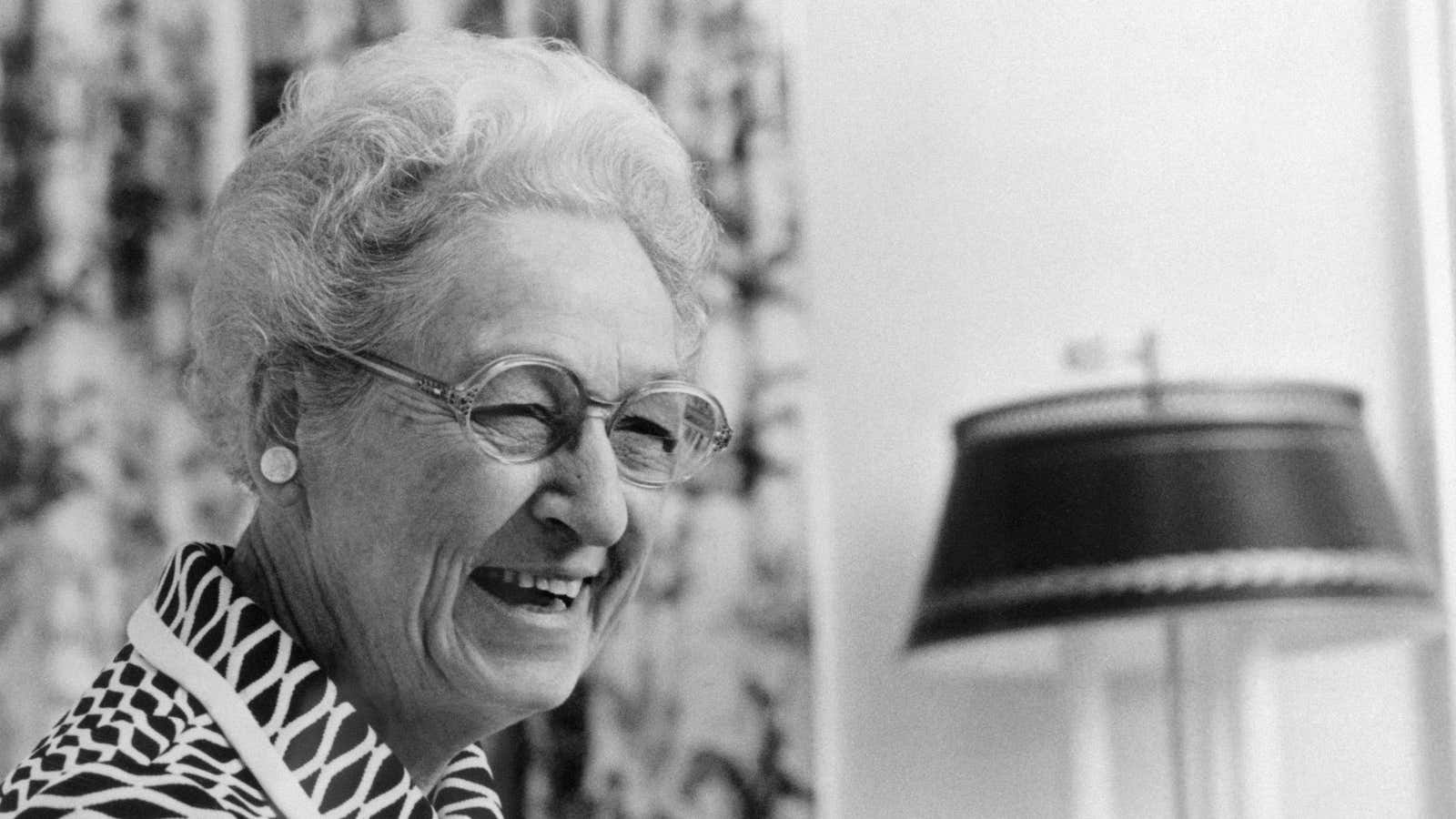
Virginia Apgar
A pioneer in the realm of maternal and infant health, Dr. Virginia Apgar developed the Apgar score, the first standardized method for evaluating a newborn's transition to life outside the womb and transforming newborn care that is used to this day.
Dr. Apgar was also the first woman at Columbia University College of Physicians and Surgeons to be named a full professor.
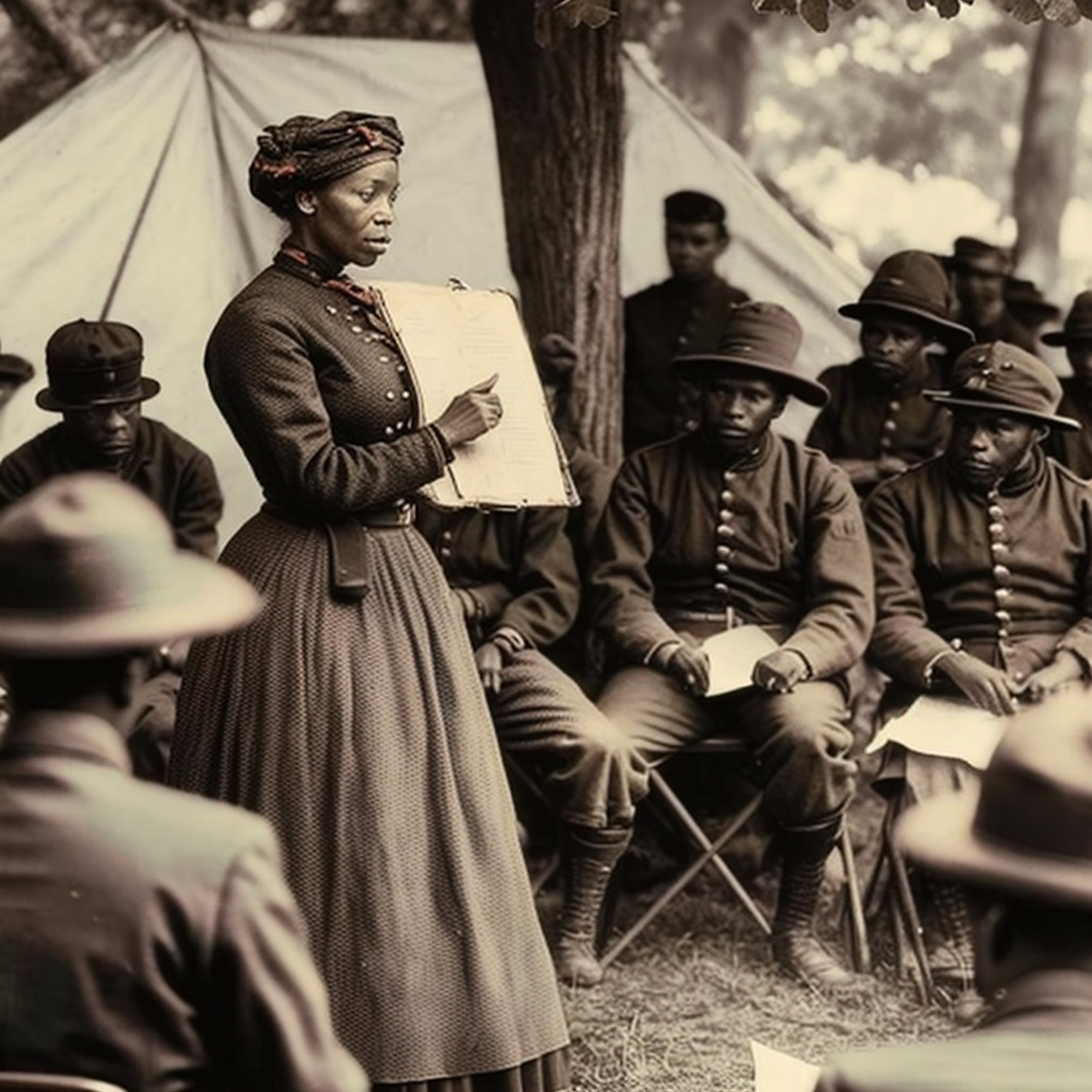
Susie King Taylor
Being born into slavery isn’t exactly a head start, but Susie King Taylor had a much stronger bite than her circumstances, becoming an incredibly significant female medical pioneer. Secretly attending school to learn how to read and write, she successfully escaped to freedom during the Civil War and volunteered for the Army's first Black regiment, where she became the first Black Army nurse.
When she wasn't caring for Black soldiers at the hospital, Taylor would teach them how to read. Beyond a doctor, she was a humanitarian.

Leona W. Chalmers
Not only was Leona W. Chalmers a talented actress and author of the novel The Intimate Side of a Woman’s Life, she was also the genius behind the invention of the first usable menstrual cup. She drafted her first version of the cup in 1937, shortly after the invention of the tampon. While the product went to market, it was not initially successful and met various hiccups, including a rubber shortage during World War II. Nonetheless, new iterations were introduced in the early 1990s and continue to change the menstrual health game.







